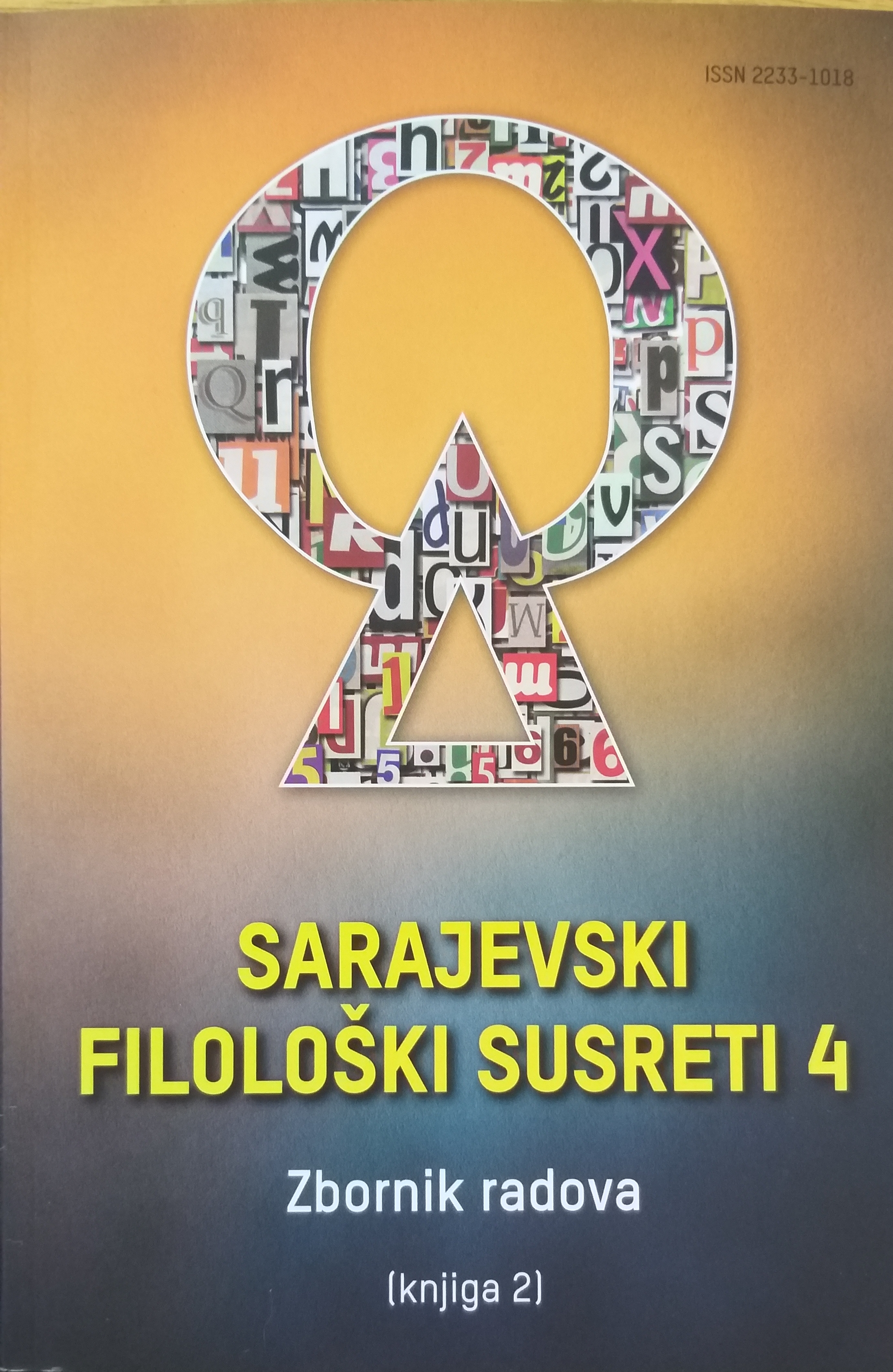Baš-baščaršija Miroslava Jančića: pozorišno-kazališna zavrzlama kao slika bosanskoga identiteta
Miroslav Jančić's play Baš-Baščaršija: a theatrical mess illustrating Bosnian identity
Author(s): Amra MemićSubject(s): History, Bosnian Literature, Serbian Literature, Nationalism Studies
Published by: Bosansko filološko društvo
Keywords: Miroslav Jančić; neohistorical drama; political theatre; theatrical mess; identity; ideology; nationalism;
Summary/Abstract: Due to the gradual breakdown of the socialist realism a consciousness emerged that has led to the formation of modern socialist theories. These theories established the foundations for the emergent neo-historical drama as the realization of obvious social needs for political theater, developed as a specific form of neo-historical drama in the region. In 1967, with his play Bosnian King, Miroslav Jančić launched a drama circle with neo-historical themes. In the theatrical mess called Baš-Baščaršija (1970), Jančić used and processed the turbulent and turning period of Bosnia-Herzegovina's history, that brings together the turbulent cataclysms of the First and Second World Wars, as well as the period between the wars. At that time he found and psychologically precisely dissected the most important problem that Bosnia has always been exposed to and that all his playwriting is based on. This issue is the problem of inter-ethnic (inter-religious) hatred, which persistently leads to the denial of a common, Bosnian identity. Jančić's play Baš-Baščaršija is a neo-historical text with the utilitarian tendency to be a mirror of social reality, but it turns into a political satire of modern humanity that includes the microcosmos and macrocosmos of human life.
Journal: Sarajevski filološki susreti: zbornik radova
- Issue Year: 4/2018
- Issue No: 2
- Page Range: 333-342
- Page Count: 10
- Language: Bosnian

